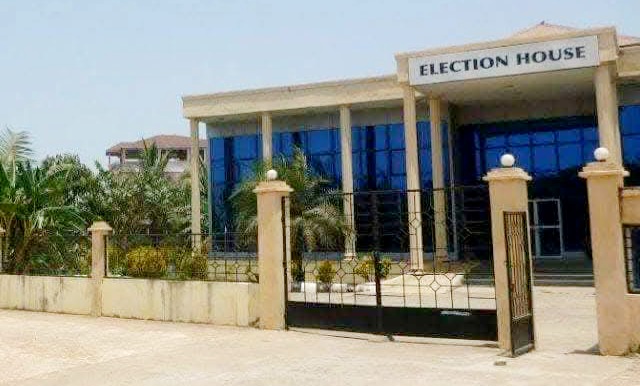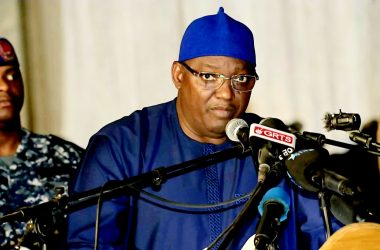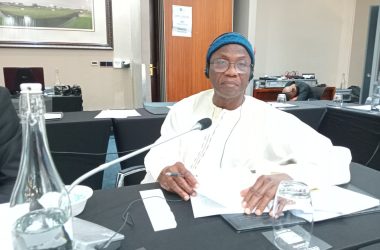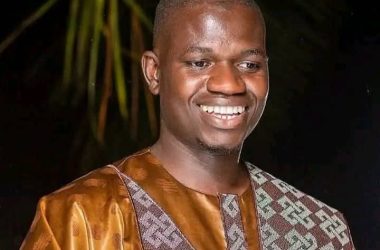One of the political outcomes of the fall of dictatorship in The Gambia in 2016 is the proliferation of political parties in the country, but some citizens have now started interrogating the sincerity and seriousness of these now seemingly moribund parties, calling on them to be politically-engaged or disband.
The Gambia’s elections management body has so far registered 19 parties and there are indications that more will join this crowded field of political parties.
The Mai Ahmed Fatty-led GMC, the Musa Yalli Batchilly-headed GAP, the Henry Gomez-founded GDPD, Sheikh Tijan Hydara-led GANU, the ANRD of the late Gen. Lamin Bojang, APP of Dr. Bai Biram Jagne and the Bakary Bunja Darboe-headed GFA have since their registration some years ago not been able to make any electoral inroad at the national, local and constituency level.
The popular perception among Gambians has been that most of these political parties have been registered with coalition at elections in mind to enable their leaders and officials land plump government jobs.
And there appears to be some credence to this. President Barrow compensated some of the leaders and officials of the various political parties that formed a grand coalition with the governing National People’s Party during last year’s election. The leaders and officials of his party’s coalition partners such as tourism minister Hamat Bah, House Speaker Fabakary Tombong Jatta, consul Ousman Rambo Jatta, presidential adviser Henry Gomez, ANRD leader late Gen. Lamin Bojang, deputy WCR governor Musa Amul Nyassi, Banjul city’s executive coordinator Ebrima Jawo, among others, have all been compensated by Mr. Barrow for playing a crucial role in the NPP-alliance’s declared victory.
However, some Gambians have begun asking questions about the intentions of the leaders and relevance of many of the so-called insignificant political parties that have mushroomed over the years.
“Most of these small parties do not even have functional structures, let alone regional offices,” prospective voter Sarjo Colley told JollofNews when approached for comment on the issue.
“It’s my opinion that the IEC should enforce the rules of engagement to sanitize the political terrain. Some of these parties need to be vetted to ensure seriousness in our country’s body politics,” taxi-driver Sitor Corr commented when asked about his opinion on the country’s politically-inactive political parties.
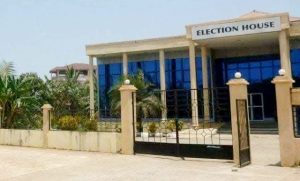
Also commenting on the matter, housewife Fanta Ceesay commented: “The messages from all these parties seem to carry the same meaning, but I have to be honest to you that I’m, at times, disoriented when I see everyone fighting for himself/herself.”
Some Gambians have resorted to the airwaves, proposing drastic measures against the “briefcase” political parties by the IEC such as de-registration, though some say that would run parallel to democratic norms.

